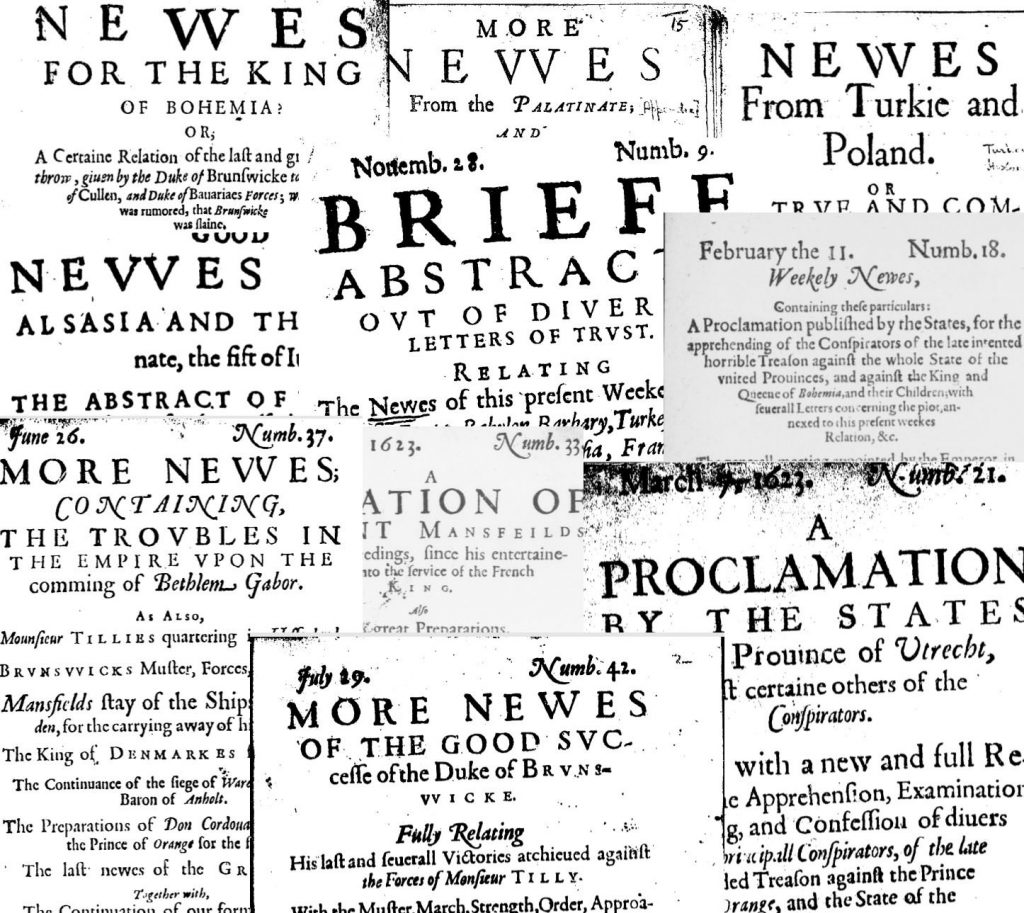By Rory Bannerman If you tear through an issue of The Economist or flick straight to the “World” or “Global” sections of your preferred broadsheet, you are taking part in a long tradition of consuming news of events beyond our borders. In Britain, the first publications devoted to relaying foreign affairs were published in London […]
By Curtis Large Brexit, insofar as it represents separation from the European Union (EU) and its predecessors, is not “an unprecedented journey”;[1] between 1962 and 2012, four withdrawals occurred. Exercised at the meso-regional level, between the tiers of member state and local governance,[2] these characterise an overlooked phenomenon. Separation was first observed as French Algeria […]
By Philip Magowan In the past decade when a rising, global interest in specialty coffee has placed quality at the forefront of consumer interests, Kenyan coffee has consistently rated amongst the crème de la crème of the world’s expansive list of coffee-growing countries.[1] The ideal Kenyan coffee typically boasts a piquant profile: crisp acidity with […]
By Jordan Buchanan. In 1924, the Member of Parliament for Swansea West, Walter Runciman, claimed that ‘there are more Scotsmen in Argentina than there are in Glasgow, and our trading in Argentina is of the greatest importance.’[1] His address to parliament was directed at soliciting its support for British traders in Argentina as Britain’s dominant […]
By Paul Feeney Oral history has grown exponentially in academic and public spheres from the 1960s to the present day. As historians focused less on the “great men” of history and moved towards the study of ordinary people, the discipline became increasingly democratised and helped to advocate for social change in the present. By giving […]




